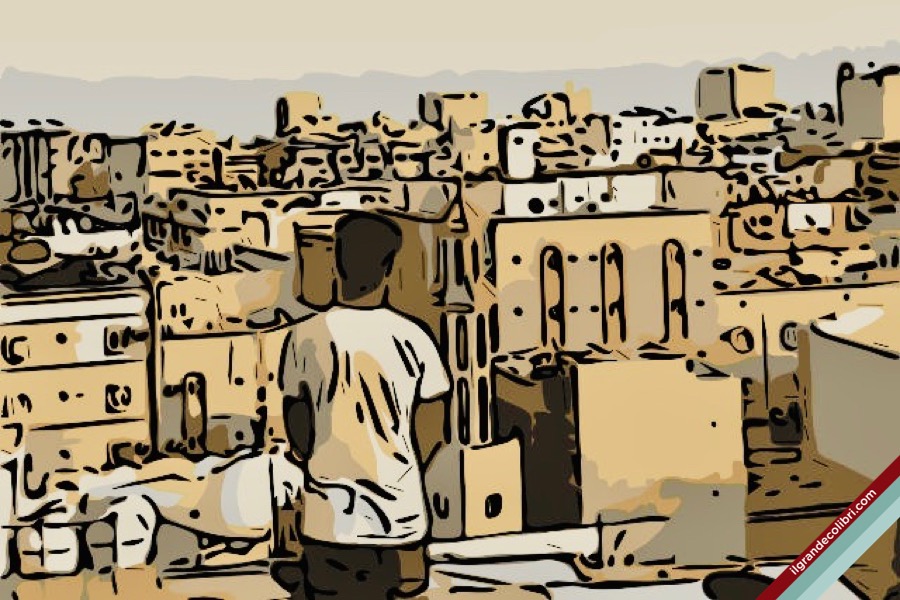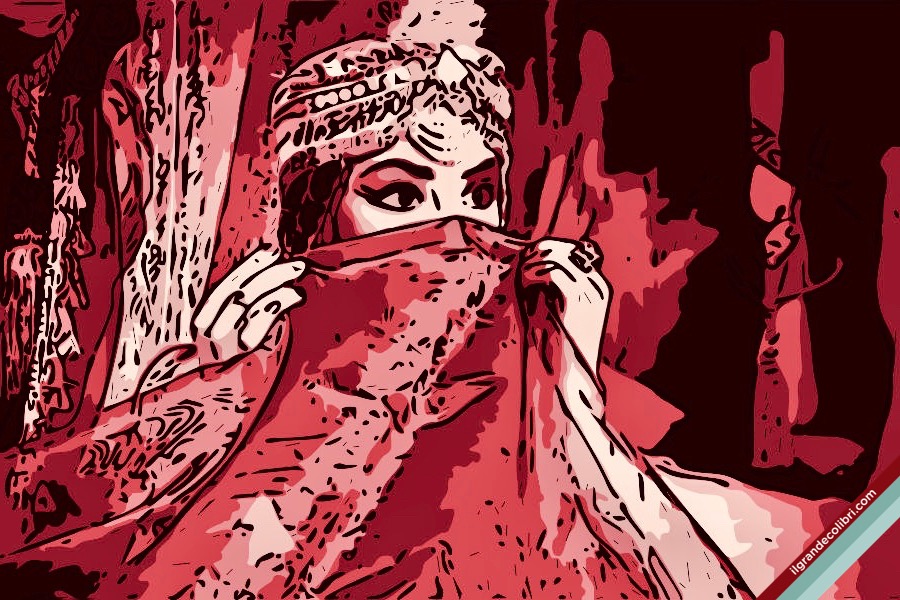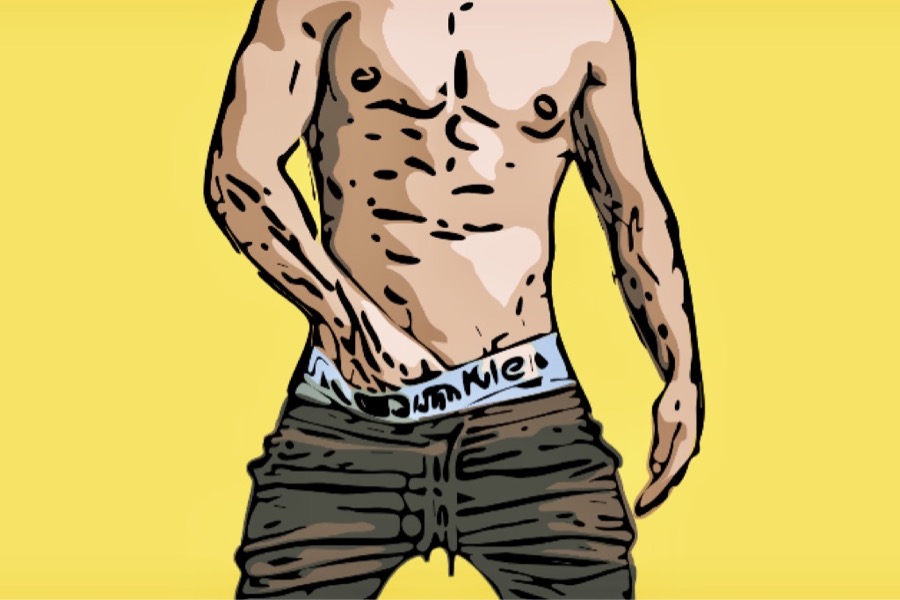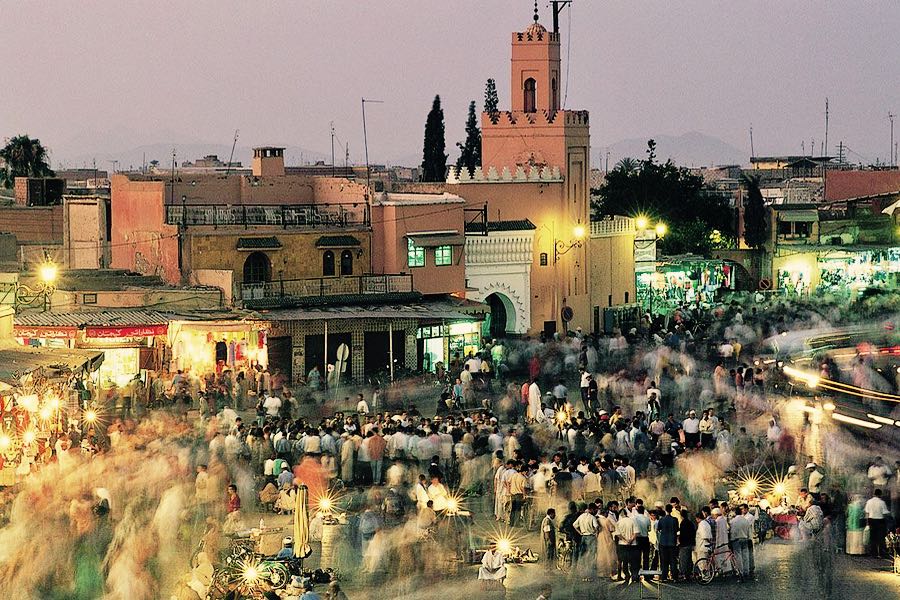I love you so much
And I know the path to the impossible is long
And I know you’re a Gentlewoman
And that I have no alternative
And I know the time of nostalgia is over
And the beautiful words are dead
To Gentlewoman what can we say
I love you so much
أحبّك جدّاً
وأعرف أنّ الطّريق إلى المستحيل طويـل
وأعرف أنّك ستّ النّساء
وليس لدي بديـل
وأعرف أن زمان الحنيـن انتهى
ومات الكلام الجميل
لِسِتِّ النّساء ماذا نقول
أحبّك جدّا
Nizar Qabbani
Nizar Qabbani (1923-1998) is a poet born and bred in Syria who- after the death of his wife in the terrorist attack inside the Iraqi embassy in Beirut where she worked- decided to go to Europe, he traveled between Paris and Geneva until he stopped in London, where he died. In this beautiful and sweet poem he speaks about a person who loves a woman. Many Arab writers have spoken about the beauty of women and love for women.
Read also: The Amazing Way Islamic Middle Ages Celebrated Lesbian Loves
The air has also changed
In my opinion Arab culture is rich, our art is a colorfull boundless sea- whether it is cinema, theater, poetry or prose- from the Middle East to my Morocco. I remember when I was a kid and listened to Arabic music and watched Arabic cinema and read Arabic literature: love and feelings could be fully expressed. Art was also a means to breathe and break down social chains. A means of counteracting the country’s politics to gain free speech. In fact now I miss hearing Fairouz’s voice (the Lebanese singer who sang love, beauty, freedom, nature), I miss having the family gathered watching an Egyptian film or laughing at Adel Imam’s comic sketches.
Now everything has changed! The air has also changed, the mood has changed, people have changed.
I do not know what happened. We all became like Nizar Qabbani after his wife’s death: he emigrated, left behind his land, his roots and started writing about the Arab regime, politics, the Arab division and the war, while back then he wrote about women and beauty. No more serenity or peace: the land where we grew up is full of blood and the sky is crying. Every day we lose our hope a little more and the chains become tighter.
 Out of the cinema
Out of the cinema
I remember that back then the LGBTQIA community (lesbian, gay, bisexual, transgender, queer, intersex and asexual) had a role in the cinema and theatre world: it was known and recognised in the art field and everything was calm. Nowadays, all we hear is about the hate towards the LGBTQIA community. Just like in the last scene of Marwan Hamed’s film: “Yacoubian Building” when the gay journalist dies strangled by his guest’s belt who he thought was a homosexual just like him, but he was actually a homophobic murderer.
Today, Egyptian cinema represents the LGBTQIA community as sick and meant to die. The Egyptian film “Asrar Aa’eleya” (Family Secrets), from the director Hani Fawzi, represents homosexuality as a disease and tells the story of a young gay man that, in order to “return” straight, has to be healed by a psychologist. These days homosexual people have to hide themselves and disappear: they no longer exist in the eyes of society.
Read also: Arab music, how many changes in LGBT-friendly video clips!
Control and prejudice
As a result of social and political changes that took place in the Arab countries we became people with no art and no soul. Everything is forbidden and controlled, people turned blind: now and then, a flower sprouts from the ground and begins to bloom, then immediately the dark hand comes to cut it off.
First there was Nizar Qabbani using art like a weapon to express himself and to protect culture and freedom of opinion. Now not even that weapon works anymore, it became rusty with the passing of time. All this comes from the fact that religion has joined politics, taking away art from our tradition and culture, transforming it into a threat to freedom. Why don’t we go back to the times when our culture was art and beauty? Why don’t we have a law that allows to love who we want to whether they are men, women or persons without gender identity?
H.M.
translation by Tiznik
©2020 Il Grande Colibrì
imahes: elaborations from xusenru (CC0) / from md Ashik (CC0)




